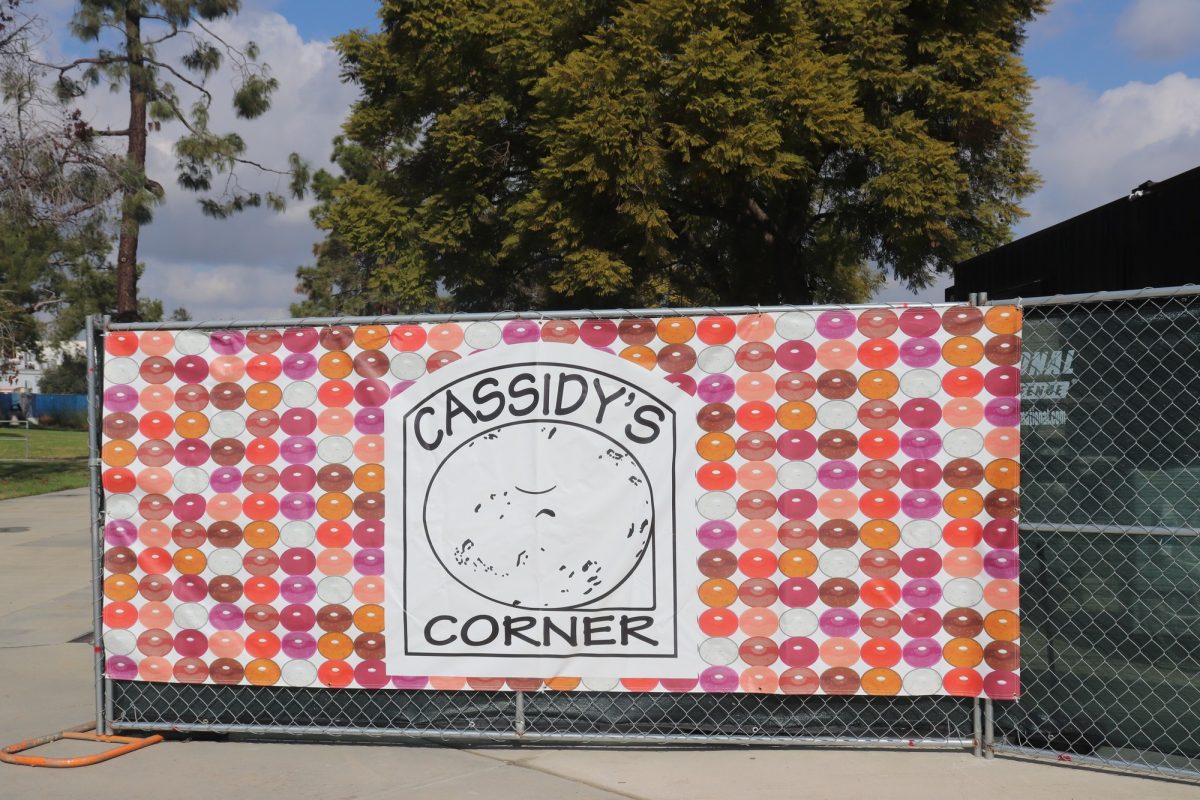In 2006, PBS unveiled “Maquilapolis,” a documentary about the border city in Tijuana “Where it takes about two hours to earn a gallon of milk. Where factory workers find bathroom breaks are few, toxins are many, and the pressure — and intimidation — are always on.”
Even with films such as “Maquilapolis” and organizations like CorpWatch, a non-profit investigative research organization that advocates corporate accountability and transparency, continuously bringing the devastating reality of factory work to light, the problem of sweatshops around the world persists.
Sweatshops have been known to force workers into overtime, deny them the rights to form unions and to work under safe conditions, and paying wages they can barely live on.
With the holidays around the corner and annual consumerism at its zenith, it’s time to reevaluate some of the most coveted holiday gift items, where they come from, who produces them and who profits.
The Mail on Sunday, one of Britain’s most circulated Sunday papers, traced the iPod ‘s journey from conception to completion, and uncovered “the harsh working conditions in the Chinese factories where iPods are made.”
iPods require various parts developed by various technology companies from across the globe.
Foxconn, a Taiwanese electronics manufacturer who operated one of the factories under fire, eventually admitted to violations of Chinese labors laws.
The Mail discovered that 200,000 people worked and slept in the factory that came to be referred as “iPod City.”
Workers there slept 100 to a room, were allowed minimal possessions, a bucket to wash their clothing and were paid on average $50 a month.
Apple responded to the allegations by initiation a series of audits that focused on “employee working and living conditions, interviews of employees and managers, compliance with overtime and wage regulations, and other areas as necessary to ensure adherence to Apple’s supplier code of conduct,” Apple Insider reported.
That was three years ago.
In July, Foxconn once again faced severe scrutiny after, Sun Danyong, an employee in one of their factories committed suicide.
Many reports indicated that Danyong was subjected to “unbearable interrogation techniques” that led to him jumping off the 12th floor of his apartment building.
He was questioned after one of the iPhone prototypes he was responsible for handling went missing.
Company security guards reportedly searched his apartment, detained and beat him.
Apple spokeswoman, Kristin Huguet told CNET, “We are saddened by the tragic loss of this young employee, and we are awaiting results of the investigations into his death. We require our suppliers to treat all workers with dignity and respect.”
The technology companies who produce parts for Apple aren’t the only ones who have been accused of violating labor laws.
In April, Associated Content published a list entitled “American Corporation Sweatshops: The 5 Worst Offenders,” that included Forever 21, The GAP, Guess, Levi Strauss, and Nike.
The Associated Content reported that Nike “workers in Indonesia, Thailand and other countries have complained in the past of 77-hour weeks, and dangerous working conditions in which employees have lost limbs.
The reports of physical abuse, sexual abuse, salary below minimum wage and debilitating quota systems are also confirmed by many non-profit and non-governmental organizations.”
Forever 21 was sued by factory workers who claimed the company had failed to pay them wages due.
The workers boycotted until Forever 21 agreed to pay them their due wages.
A British newspaper reported that children as young as 10 were working in factories in New Delhi, India for the GAP sometimes working 16 hour days, hand-sewing clothing.
In 2003, Levi Strauss closed its last American factories.
“The company was accused of contracting to factories in Haiti and Mexico where workers have been sacked for being union members, as well as using low waged to prop up profits,” the Associated Content reported.
All of these companies have consistently posted profits that surpass the billion-dollar mark, but have yet to taken serious steps in ensuring safe and fair labor practices.
Through this holiday season, these companies will continue to post large profits.
Consumers will once again be given the option of supporting these companies, or looking for alternate sources of fair trade goods that are made in good social consciousness.







